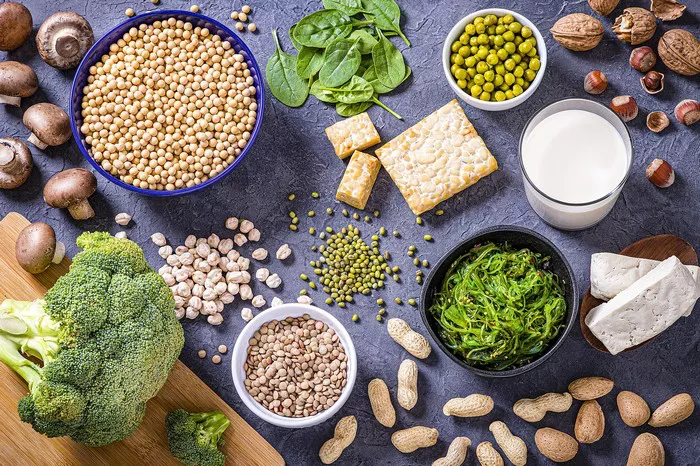New Delhi: On Wednesday, the Indian Council of Medical Research and the National Institute of Nutrition (ICMR-NIN) unveiled a new set of 17 dietary guidelines aimed at combating nutrient deficiencies and the increasing prevalence of non-communicable diseases (NCDs) such as obesity, diabetes, and cardiovascular diseases across India.
The guidelines, which have undergone extensive academic and scientific evaluation, offer evidence-based recommendations concerning food choices and lifestyle changes. According to the top research bodies, these guidelines provide clear, practical advice for promoting dietary diversity to fulfill essential nutrient needs and prevent NCDs for all age groups nationwide.
Key aspects of the guidelines include consuming a balanced diet rich in vegetables and legumes; specific nutritional advice for pregnant and lactating women; dietary recommendations for infants, children, and adolescents; guidance on including nutrient-dense foods for the elderly; and the importance of eating safe, clean food and drinking sufficient water.
The guidelines also advocate against the use of protein supplements for body mass building, urge moderation in salt and fats intake, and emphasize the adoption of a healthy lifestyle to counter obesity. Other recommendations include minimizing the consumption of ultra-processed foods and stressing the importance of reading food labels to make informed, healthy dietary choices.
“The dietary habits in India have seen significant shifts in recent decades, leading not only to a rise in NCDs but also the persistence of undernutrition issues,” stated Rajiv Bahl, Secretary of the Department of Health Research and Director General of ICMR. Bahl highlighted that the new guidelines are tailored to the evolving Indian food landscape with practical tips on food safety, choosing minimally processed options, understanding food labels, and engaging in physical activity.
Hemalatha R., Director of ICMR-NIN and Chairperson of the Expert Committee responsible for the guidelines, noted, “The guidelines emphasize that the most effective, sustainable, and enduring strategy to address all forms of malnutrition involves ensuring the availability, accessibility, and affordability of diverse, nutrient-rich foods.”
ICMR-NIN, based in Hyderabad, routinely updates its dietary guidelines for Indians to reflect new scientific evidence and changes in the food environment. The most recent nutrient requirements for Indians were published by ICMR-NIN in 2020.
































